CLIMATE SERVICES - User friendly information critical for resilient agriculture in Africa
Climate and agriculture scientists have gathered in Lilongwe, Malawi to ensure user friendly and accessible climate information that will turn strengthen resilient agriculture sectors
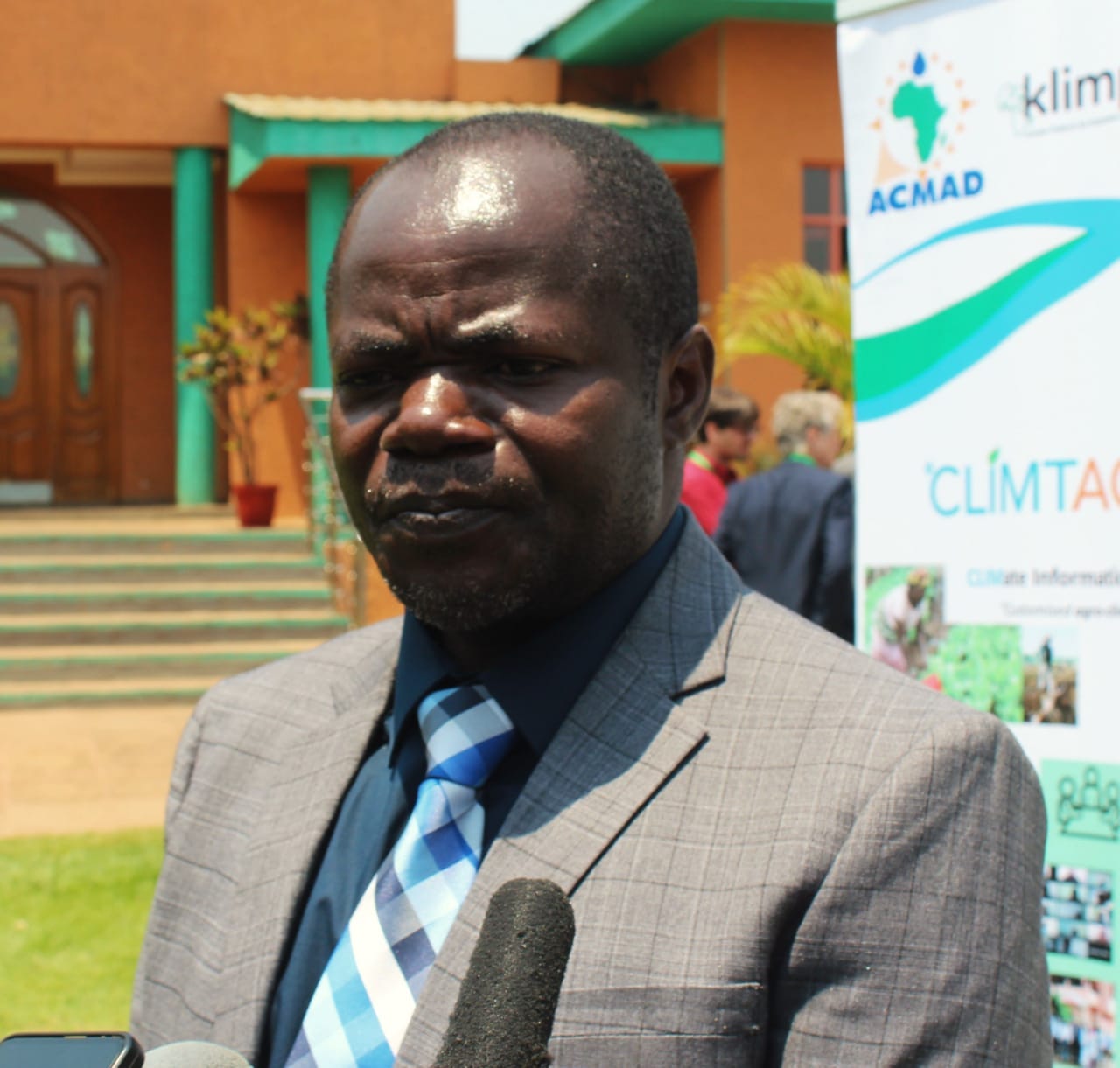
LILONGWE, Malawi (Planet Defence) - African experts have gathered in Lilongwe for a three day international training workshop on climate services aimed at strengthening resilient agriculture sectors using Climate Information Tool for Agriculture (CLIMTAG)
CLIMTAG was originally developed to offer climate information for Malawi, Mozambique and Zambia, including 23 agro-climatic actionable indicators. Yet, after the planned geographical and thematic upscaling, CLIMTAG-Africa offer information for over 20 countries in Sub-Saharan Africa and include more than 30 agro-climate indicators.
As a new web-based tool CLIMTAG offers users relevant agro-climatic indicators for the past, present and future based on quality-assured climate data.
The agro-climatic indicators provided include the number of dry days and the timing of the onset of the main rainy season. As such, the tool provides its users with accessible climate information to support planning and management of agriculture-related activities.
Speaking on behalf of the Secretary for Natural Resources and Climate Change, Director of Planning, Dr. Hamilton Kamwana encouraged participants to capitalise the regional training to harness the collective expertise, passion, and determination to safeguard the future of agriculture by laying the foundation for a more climate-resilient and food-secure Africa.
"Together, we should address the challenges posed by climate change, ensuring that our smallholder farmers and communities have the tools and knowledge they need to thrive in a changing climate," amidst multiple climate shocks that Malawi has experienced Kamwana said.
Dr. Kamwana thanked the African Centre of Meteorological Application for Development (ACMAD) for choosing Malawi to host the event.
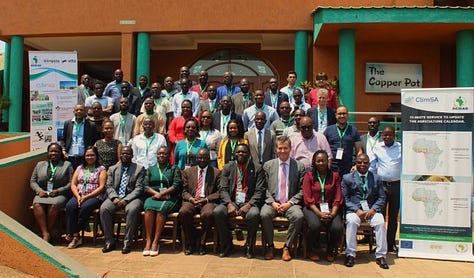
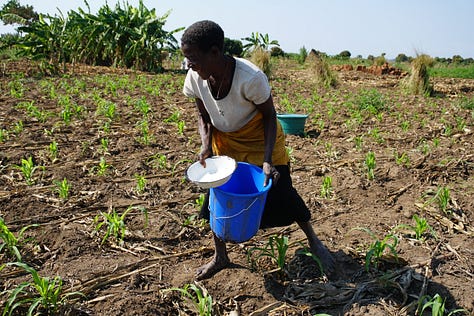
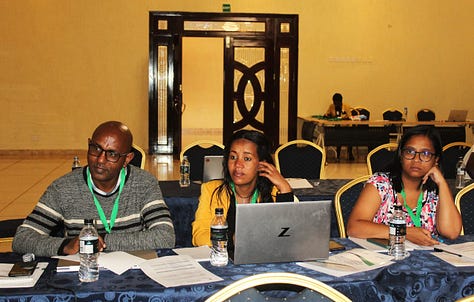
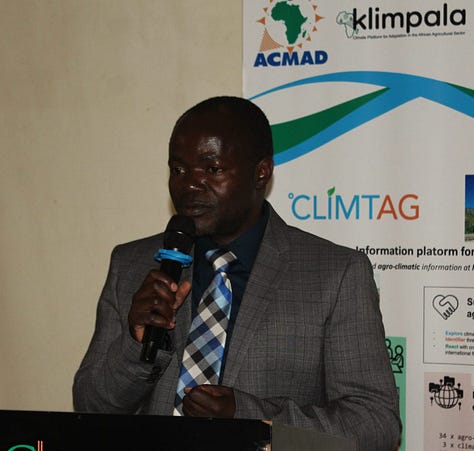

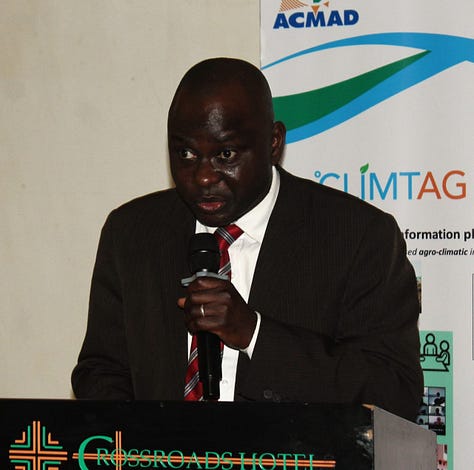
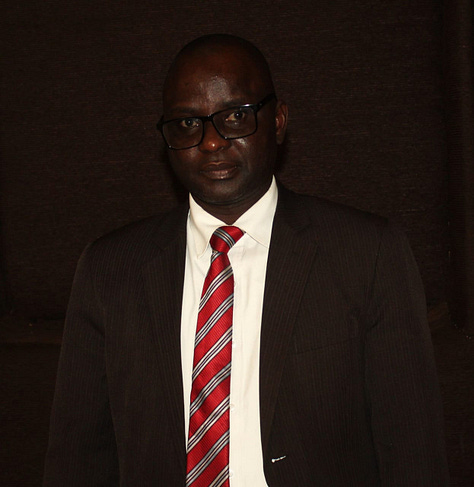

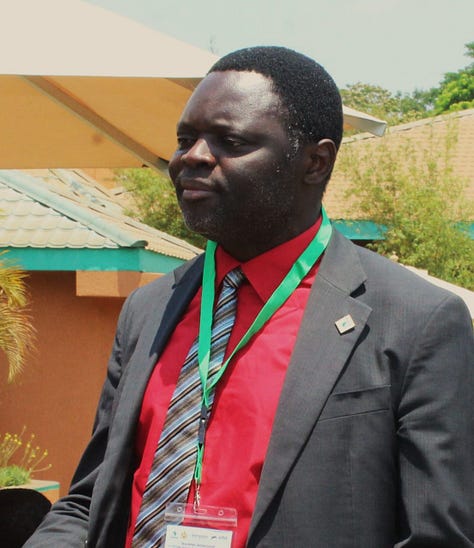
The meeting convened by the African Union Commission will among other things run practical sessions on indices generation and use for local adaptation planning and action with local NGOs and Meteorological Services as collaborating stakeholders for service provision and delivery.
Participants will also share experiences on case studies and present the Africa drought observatory system. Finally, participants will discuss way forward on upscaling phase of the CLIMTAG tool on the continent.
In his remarks Dr. Jolly Wasambo, CliSA Programme Coordinator, Directorate of Sustainable Environment and Blue Economy, African Union Commission stressed a need for climate information to be delivered to the end users who are farmers in a language that is more accessible in-order for them to make informed decisions.
“We need to generate tools that are Africa oriented when it comes to climate mitigation. We do not need tools that are western in nature to deal with challenges facing Africans,” Wasambo who is also responsible for meteorology section at the AUC said.
African agricultural sector is of utmost importance to the subsistence of the majority of population. Its sensitivity to weather and climatic changes urges for well-thought-out agricultural policies and adaptation measures. Agriculture is strongly dependent on weather, hence very vulnerable to weather variability and climatic changes says a concept developed for the training.
In 2014 African heads of states ratified the Malabo declaration in Equatorial Guinea on accelerated agricultural growth and transformation for shared prosperity and improved livelihoods under the Comprehensive Africa Agriculture Development Programme (CAADP).
This declaration on shared prosperity however, faces a new challenge which is climate change. Only if farmers are well informed with climate information and early warning systems can CAADP bear the needed results, analysts have confided to Planet Defence in separate interviews.
ACMAD the climate information think-tank is based in Niamey, Niger. It aims to improve understanding of atmospheric and climatic processes over Africa, collect, analyze and disseminate meteorological and hydrological information, provide a meteorological watch and early warning system over Africa.
The centre also promote the training of African scientists and technicians in the application of meteorology for development.



